|
Dr Tom Cromarty Editor Interests: Paediatric Emergency Medicine, Medical Engagement and Leadership, Simulation, Quality Improvement, Research Twitter: @Tomcromarty |
Welsh Research and Education Network
WREN BlogHot topics in research and medical education, in Wales and beyond
Dr Celyn Kenny Editor Interests: Neonates, Neurodevelopment, Sepsis, Media and Broadcasting Twitter: @Celynkenny |
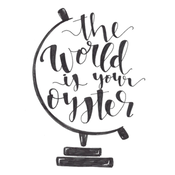 Dr Rachel Morris ST6 Neonatal GRID Trainee My name is Rachel Morris and I am currently working as an ST6 neonatal registrar in Cardiff. Over the last 3 years I have also volunteered as a Dreamflight Doctor. Over this time, I have been fortunate to accompany 48 children - most of whom are from Wales - to Orlando for their holiday of a lifetime. WREN have kindly given me this opportunity to tell you about Dreamflight and what my role entails. Dreamflight was co-founded in 1986 by two British Airways employees, Patricia Pearce and Derek Pereira. They had a dream of facilitating a trip for children with a serious illness or a disability to Disney World in Florida for a holiday they would never forget. After recruiting volunteer doctors, nurses and physiotherapists from around the UK, they embarked on their first trip in 1987. Now 31 years on Dreamflight has taken over 5000 deserving children from across the UK to Florida. Patricia and Derek have both subsequently been awarded an MBE for setting up such a remarkable, life changing charity. Every October 192 children, aged between 8-14 years, make up 12 regional groups from across the UK, and board their very own private ‘Dreamflight' Jumbo Jet. Many of the children could not travel without the 24hr medical support Dreamflight provides. The children come on the trip without their parents, and may be their first taste of independence, often finding a confidence they didn't know they had. I was asked if I would like to apply to Dreamflight when a vacancy came up in the welsh group. Having heard about the trip I did not hesitate to send in my CV and application. I then had an informal interview to secure my place. Being a Dreamflight doctor is like no other role I have taken on. You become part of the Dreamflight family and form life-long friendships. With each trip costing in the region of £800,000, all year round there are an army of dedicated Dreamflight volunteers that take on huge challenges and organise wacky events to ensure we meet the target. Each time I travel with Dreamflight so many 'what if's' go through my mind. I worry about not knowing enough about each child's medical condition, terrified of what I would tell their parents if they were to become unwell. I think these thoughts will never go away and maybe shouldn't. But very soon into my first trip I realised my role on the trip was much more than being a doctor. In fact, with the support of the nurses and physio within my group, coupled with the incredible support and advice from Dreamflight’s Medical Director you share every major medical decision, which made that aspect of my role slightly easier. Possibly more importantly I also act as an ‘escort’ - a parental figure to two of the children. I can only imagine how difficult it must be for families to hand over their children for 10 days, which is why all of the escorts begin to build relationships with the families from the time their child is selected and send updates when on the trip. It is comforting to be able to relay to the families about all the training and procedures the charity has in place to ensure all of our children are safe, well and happy. Every volunteer would be expected to attend the annual briefing and training day, along with a welcome day for the families and children to meet prior to the trip. While we are in Orlando, each regional group has lovingly chosen a character name - I am part of Team Shrek! (Being the Shrek Doc has a much nicer ring to it that being “The Pooh Doc”!) Each team would have 3 radio holders so that the doctors and team leaders can communicate to share top tips, and request support should they need it. The entire team wear one colour and are easily identified in the busy theme parks, and we have hospital style drug charts to keep track of medications throughout the day. My concerns as the group doctor keep me on my toes even if I’m upside down on a roller coaster! The desire to have that constant knowledge of how the children are feeling, are they getting too tired, have they taken their medications on time, do we have their lunch time medications with us, have they eaten the correct foods, are they well hydrated, are they constipated? As well trying not to be over bearing and give them that chance to be independent! Aghh! A very tricky balancing act and a majorly steep learning curve! It is reassuring to know you are not alone with these concerns, and the wonderful sense of team spirit with the experienced Dreamflighters in the team help to steer us all in the right direction and help create that balance. Each doctor is on-call one night of the trip, the rest of the nights you are 'off duty' from 9pm when you handover to the night nurses and on-call doctor, attending handover again at 7am to resume your doctor/escort role. As well as all the more serious responsibilities, we also ensure we make every day as fun as possible! This involves high quality costume preparation, singing, dancing and lots of partying. We have a different outfit every day, designed around a theme, for example we have 'festival theme', 'American theme', and my personal favourite 'tropical flamingo theme'! We have neon tutus, headscarves, incredible glitter face paints as well as wearing our Shrek ears at all times. I go nowhere without my retro 80s bum-bag, worn like a holster, sun-cream and calpol primed for action. As a Dreamflight volunteer I work within an amazing group, headed up by our group leader Gillie Ticehurst, who is truly remarkable at making sure we all feel supported. During the trip we have a compulsory meeting/debrief every evening once the children have gone to bed. Going around the room, every single group member is asked to share any highs or lows from the day, any physical or emotional strain they may be experiencing. We support and discuss solutions to problems, ensuring work load is being fairly distributed. I have learnt a lot from the attention to wellbeing and peer support the charity offers to its volunteers. With the NHS putting more and more emphasis on wellbeing, it is meetings like this I hope we can incorporate more. With regards to other aspects of my role, it is much more than the 10-day trip. From early February I start spreading the word of Dreamflight. Contacting junior doctors, consultants as well as all members of the MDT to nominate children. Without nominations, the trip simply cannot happen. This can be a major challenge, appreciating how little time health care workers have to dedicate to extra form filling. We then meet the children to carry out a medical assessment and give them a chance to get to know us. We may also need to do home visits to appreciate equipment needed. As a group of medics and non-medics we then work around the clock making sure everything is in place to ensure the trip runs as smoothly as possible. As well as the crazy rollercoasters and outstanding themed entertainment they have opportunities to learn to swim, ride on the back of a dolphin and perform in our talent show in front of hundreds of people. An opportunity so many take up and thrive on. In 2008, eight of the returning Paralympians from Beijing, many of them medal-winning, had been Dreamflight children and say that Dreamflight was a real turning point in their lives. Allow me to share with you a little extract from an email I received following our last trip, a parent of a child with insulin dependent diabetes wrote …'Before Orlando, L was very dependent on us. He was continuously nagged about his blood sugar, as a result he had really low confidence, he was miserable, angry and had very little freedom. Since being home he's like a totally different kid! He's so confident and capable! We've taken a massive step back allowing him to make his own choices. For the first time Saturday he went to a Halloween party for 3 hours alone and yesterday went to a mates house for the entire day ☺…'. I think this feedback really sums up why I feel so passionate about Dreamflight! I cannot emphasize enough how the opportunities the children are given on Dreamflight impact on their future lives. I am passionate about what this small but mighty charity does for the children as I have seen first hand the genuine difference it can make to the children and their families. I assure you it’s far more than a holiday, it’s maybe that chance for a child to find acceptance for their condition, or the capacity to enjoy some independence while in a safe environment, a boost to their confidence perhaps, and for so many of them - a sense of belonging and friendship. For others - it could be just a break from the monotony of their treatment they deserve with the kind of medication that cannot be prescribed - that I guess is the magic of Dreamflight! If you would like to know more about applying to be a Dreamflight doctor please contact me on [email protected] or see our website at www.Dreamflight.org. and PLEASE remember to NOMINATE!
4 Comments
Annabel Greenwood ST4 The All Wales Neonatal Safeguarding meeting, hosted by the Wales Neonatal Network, was an eagerly anticipated event, particularly given it was the first of its kind in Wales to date. As Neonatologists, our exposure to safeguarding is often limited. Let’s face it, we’re far more comfortable managing clinical problems or performing practical procedures, than dealing with safeguarding scenarios. Unfamiliar territory brings with it an air of uncertainty. From a mental wellbeing perspective, it’s not only the babies to consider on the neonatal unit, but also the parents. It has been well documented that adverse childhood experiences (ACEs) can affect both health and well-being later on in life, and it is therefore imperative to provide the appropriate support and guidance early-on for parents in the attempt to reduce the chance of an ACE occurring. The programme in more detail...The All Wales Safeguarding Meeting was held in the Life Sciences Hub in Cardiff Bay, with panoramic views across the waters providing the perfect setting for thought and reflection on such a complex and emotive subject. There was a fantastic representation from all members of the multidisciplinary team, and it was invaluable to hear people’s different experiences and perspectives on various safeguarding cases. The day began with a discussion about ACEs and the concept of resilience in being able to deal with certain ACEs. The Welsh ACE Study conducted in 2015, concluded that for every 100 adults in Wales, 47 have suffered at least one ACE during their childhood. The prevalence of low mental well-being in adults increased with the number of ACEs suffered in childhood. There has also been an association between ACEs and the effects on physical health and health-harming behaviours in adult life. It is important to note that some people are affected more than others by ACEs, and this can be partly explained by a one’s level of resilience. Thereafter provoked a discussion on how we, as the multidisciplinary team, can support parents on the neonatal unit, e.g. providing access to counsellors, neonatal nurses with a specialist interest in mental health, neonatal therapies, and also ideas to enhance the level of support in the community. Certainly, food for thought… It was interesting to hear the experiences from a clinical psychologist’s perspective on perinatal mental health and children’s development. Dr Cerith Waters took us through the child development study, a longitudinal study beginning in the 1980s, and highlighted the key findings regarding the association between exposure to depression during pregnancy and a child’s long-term psychological and cognitive development. The study findings highlighted the importance of early intervention in pregnancy to help reduce the incidence of subsequent depressive disorders in young adults. A number of case presentations then followed, igniting detailed discussion signposting the safeguarding pathways and support available. The afternoon session included an infant mental health perspective on preventing emotional abuse and neglect, presented by Robin Balbernie, a child psychotherapist. This session highlighted the key difference between adult and infant mental health teams, namely that infant mental health teams help ‘get it right’ from the start, as opposed to intervening later-on in life when a person has already ‘gone off-course.’ He emphasised that the first relationships are the most important, and that traumatic events experienced early on in one’s life are preserved life-long. This relates to neuroplasticity and the concept that the earlier the maltreatment, the greater the effect on the brain. Whilst at the same time, the earlier the intervention, the greater its effectiveness. This was then followed by an interesting discussion by Dr Lizzy Nickerson about the difficulties in recognising birth injury versus non-accidental injury (NAI). This talk really hit home the importance of clear documentation at birth and following the newborn examination, particularly in the case of a representation to hospital a few days later with suspicion of NAI. Closing thoughts...From a personal perspective as a junior neonatal registrar, I found this day invaluable in enhancing my knowledge and confidence in safeguarding on the neonatal unit. Safeguarding is a complex and emotionally challenging area of paediatric and neonatal medicine, emphasising the importance of teaching days like these to raise awareness and ultimately improve our clinical practice.
Guest Blog from Dr Emily Shand I thought I knew what Paeds Palliative Care was. I thought it would be sad, but I would find the positives in knowing we were doing all we could in a sad situation. I thought it would be a really emotionally challenging job, and I thought I needed to try it to see if it was something that I could do as a career/special interest. So I volunteered.
Paediatric Palliative Care was a breath of fresh air to me. I had the time to think, reflect and give patients and their family my time. We didn’t have vast numbers of patients to get through on any given day. But those we did have, needed time. As the registrar I was based in the hospital most days, but most of our patients were in the community. We had a big list of active patients, most of whom I never met in person. My working week was sparsely timetabled allowing plenty of time for community visits, MDTs, admin and even reflection, tutorials and learning. I would come in each morning, sit with a cup of tea (oh the joy!) and find out which of our patients were admitted in the hospital. I would catch up with the specialist nurse and either together or alone I would do a ward round. Usually this was touching base with the family, liaising with the team, and symptom reviews or Advanced Care Plan discussions. The families really appreciated someone from the Palliative Care Team being there – even though I didn’t necessarily know the family initially, I was a member of a team who really knew their patients well and therefore a link to this support network. I would do a weekly round in Ty Hafan, the Children’s Hospice, with the consultant. Most of the children were there for respite, so were very well and enjoying life. Seeing the children in Ty Hafan really highlighted to me that we can get a completely different view of a child by only seeing them acutely unwell in the hospital. One stark example was a child I saw when doing an acute General Paeds shift overnight who was thought to be end of life on the ward. He was transferred out to the Children’s Hospice where I saw him again a week later – snuggling in bed with his pet dog - although minimally mobile and outwardly inexpressive, clearly getting joy from his companion. Children and their families are often so much more relaxed in the hospice environment - clearly happy and comfortable. It's hard to remember this when you only see them on the inpatient ward or unwell in the assessment unit. My experience in Palliative Care has definitely opened my eyes wide. I learnt about the common symptoms, how to assess the cause, and how to tailor the management holistically for that individual. I revised some pharmacology and gained confidence in prescribing symptom control medications, but realised drugs weren’t the only solution, and thinking outside the box was needed. Pain is so much more than just physical. Difficult conversations became more normal. I realised that often it is more difficult in anticipation, but when talking to the family it felt almost natural to discuss death and dying – they had been thinking it anyway. We had the luxury of longstanding relationships with these families, and the most wonderful nurse specialists who knew how much to say, when, and just how to say it. I learnt so much from being with them. Paediatric Palliative Care is not solely end of life care. It is being there, supporting children, families and their medical/nursing teams through the ups and downs of their condition. It is holistic care. If you ever get the opportunity to have a taster in Paediatric Palliative Care, whether it is a day or one of your rotations, the fantastic team of doctors, specialist nurses and the huge number of support staff will welcome you and I can guarantee you will learn more than you ever imagined you would. |
Editors
Dr Annabel Greenwood Categories
All
|

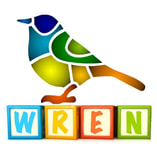
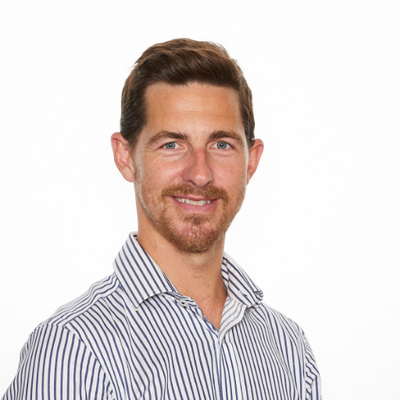
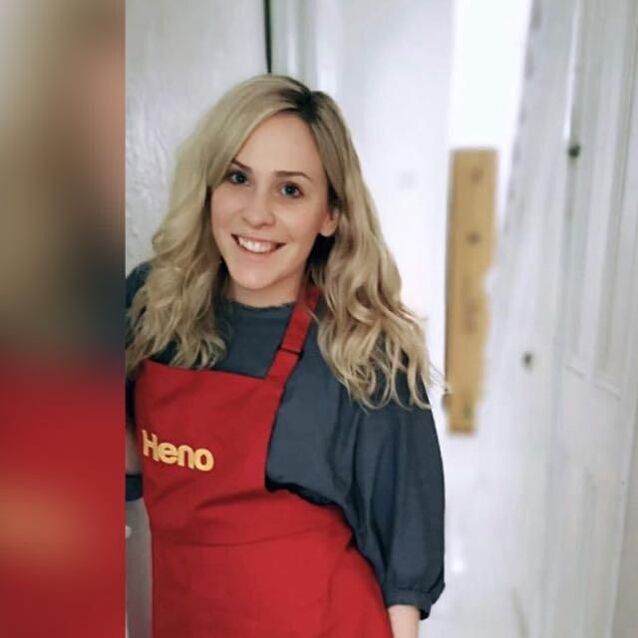
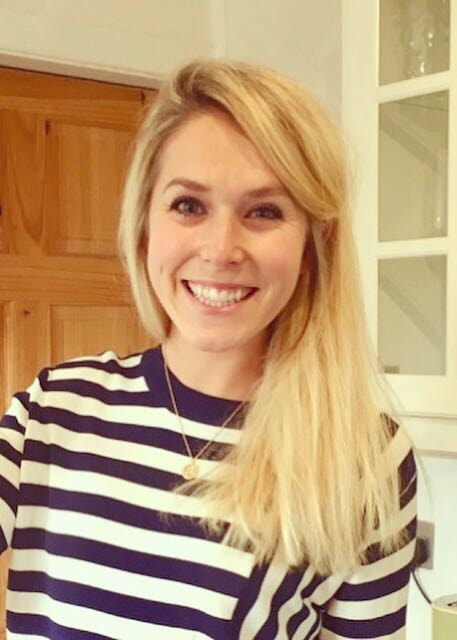
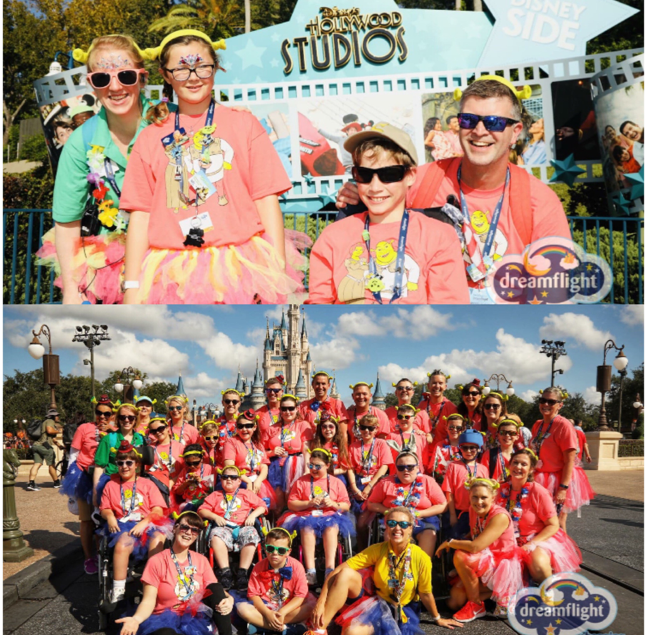
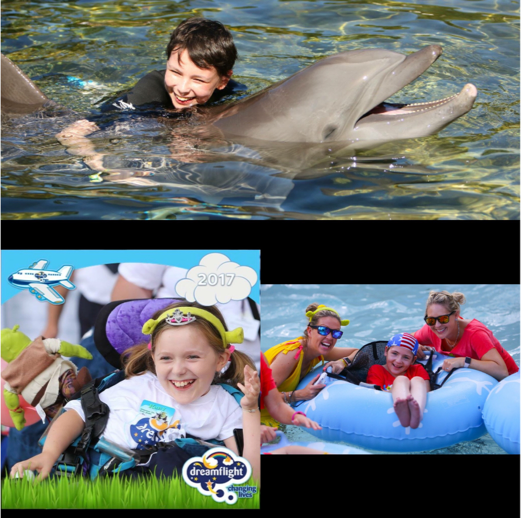
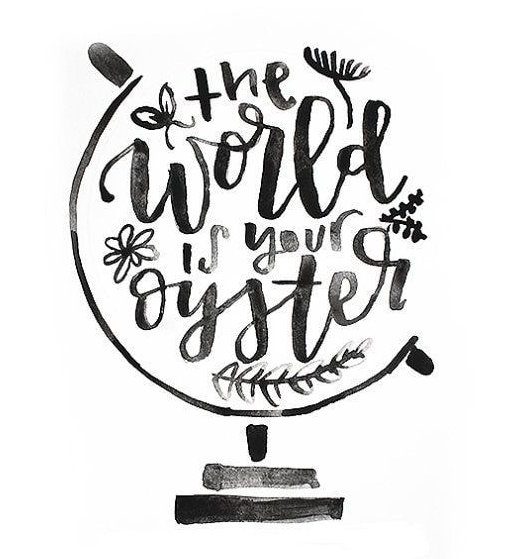
 RSS Feed
RSS Feed
